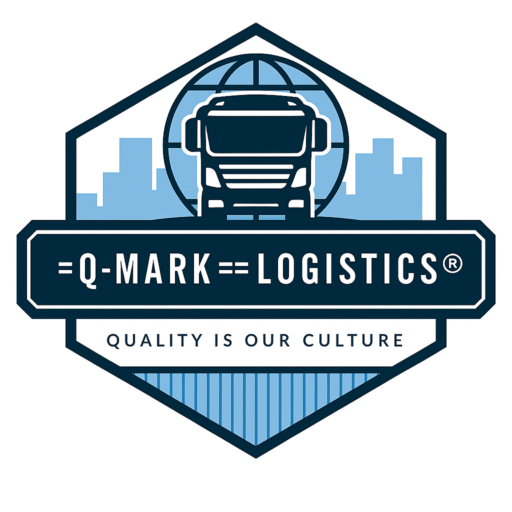Real-time tracking in supply chain management is crucial due to the numerous benefits it offers in enhancing efficiency, transparency, and responsiveness. Here are the key points highlighting its importance:
1. Enhanced Visibility and Transparency
- Real-Time Information: Real-time tracking provides up-to-the-minute data on the location and status of goods in transit, allowing all stakeholders to monitor progress.
- Transparency: By providing a clear picture of the supply chain operations, companies can identify and address bottlenecks or delays promptly.
2. Improved Customer Satisfaction
- Accurate Delivery Estimates: Customers receive precise delivery times, improving their experience and trust in the company.
- Proactive Issue Resolution: Real-time tracking allows businesses to address potential delays before they impact the customer, ensuring timely deliveries.
3. Operational Efficiency
- Optimized Routing: Real-time data helps in optimizing routes, reducing transit times and fuel consumption.
- Resource Management: Companies can manage their resources better by aligning labor and equipment with real-time demand and supply data.
4. Cost Reduction
- Lower Inventory Costs: Accurate tracking reduces the need for high safety stock levels, thus lowering inventory holding costs.
- Reduced Expediting Costs: By anticipating delays, companies can mitigate the need for expensive expedited shipping.
5. Risk Management
- Proactive Mitigation: Real-time tracking allows for early detection of potential risks (e.g., weather disruptions, geopolitical issues), enabling proactive measures.
- Improved Compliance: Companies can ensure compliance with regulations by maintaining accurate records of goods’ locations and conditions.
6. Data-Driven Decision Making
- Analytics and Insights: Real-time tracking generates vast amounts of data that can be analyzed to gain insights into operational performance and identify areas for improvement.
- Strategic Planning: Companies can use real-time data to refine their supply chain strategies, aligning them with market demands and conditions.
7. Supply Chain Collaboration
- Seamless Communication: Real-time data facilitates better communication and collaboration among supply chain partners, leading to more coordinated efforts.
- Integrated Operations: Suppliers, manufacturers, and logistics providers can synchronize their operations more effectively, improving overall supply chain efficiency.
8. Enhanced Security
- Theft and Loss Prevention: Real-time tracking helps in detecting unauthorized activities and preventing theft or loss of goods.
- Condition Monitoring: Ensuring that goods are transported under the required conditions (e.g., temperature-sensitive products) reduces the risk of spoilage or damage.
Conclusion
Real-time tracking is a vital component of modern supply chain management, driving improvements in visibility, efficiency, cost savings, and customer satisfaction. By leveraging advanced tracking technologies, businesses can achieve a competitive edge in an increasingly complex and dynamic global market.


